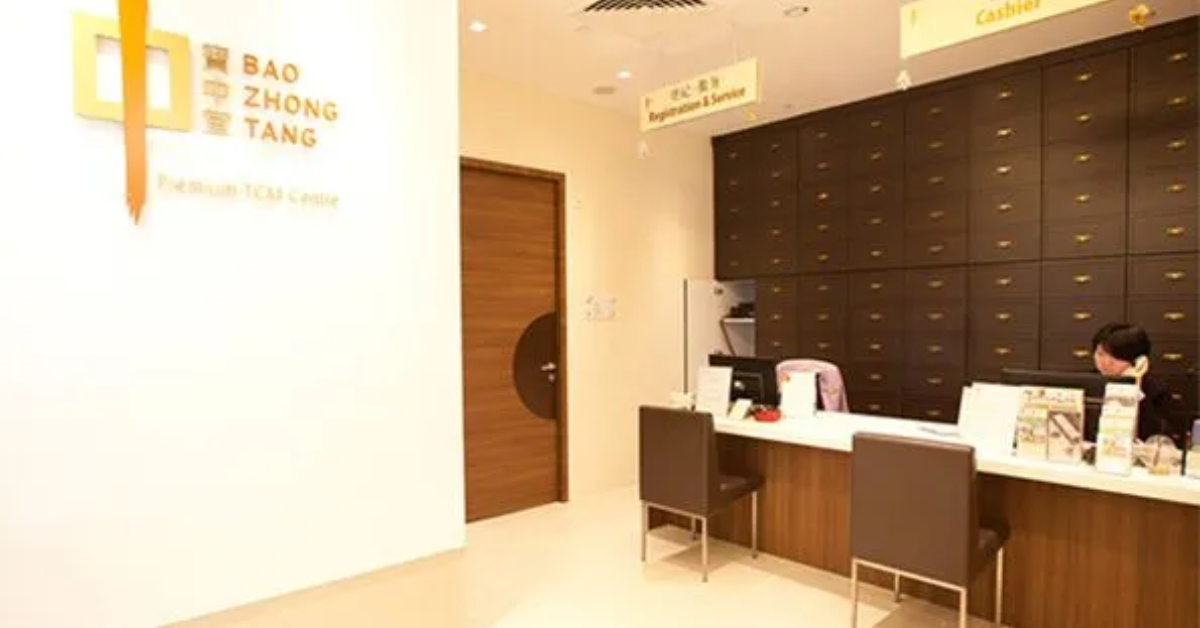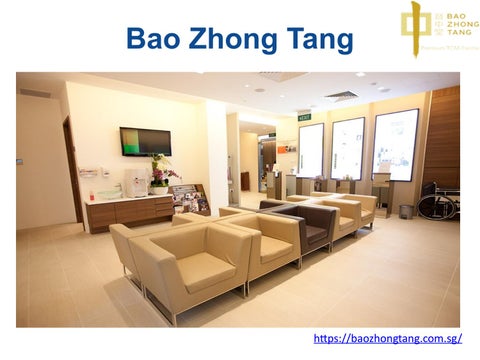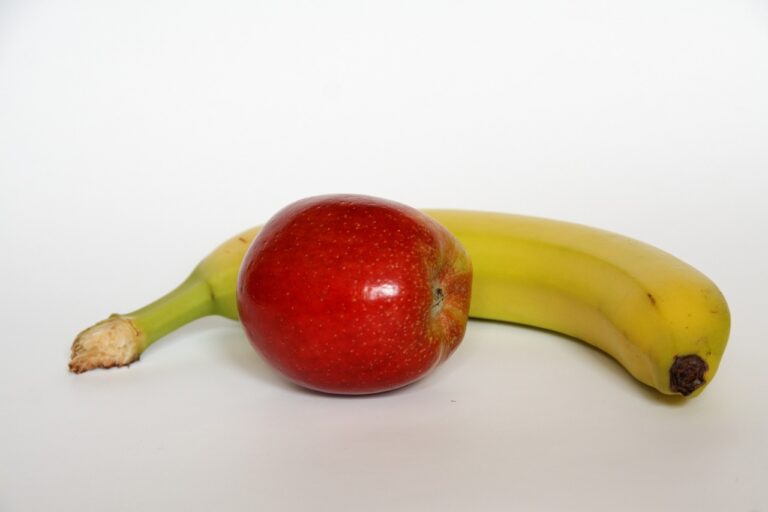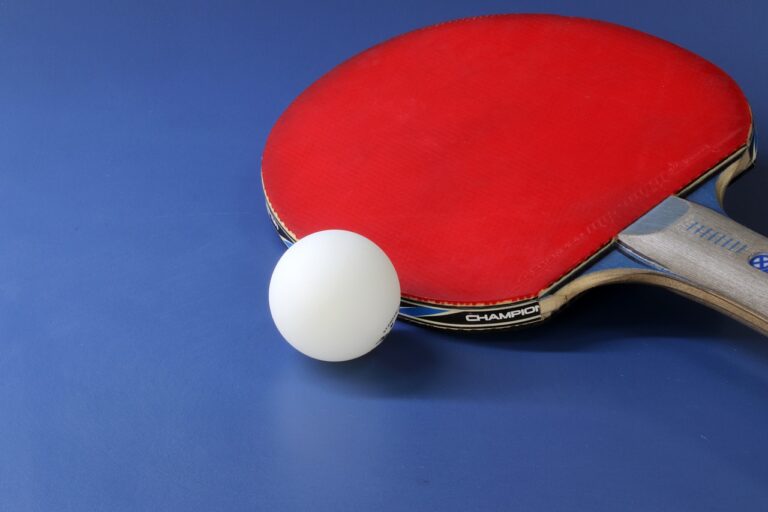Exploring the Role of TCM Singapore in Modern Wellness
In today’s fast-paced world, more people are turning to natural and holistic approaches for their health and wellness needs. One such option that has gained popularity is TCM Singapore which stands for Traditional Chinese Medicine practiced within the local context. Singapore’s unique blend of modernity and tradition makes it an ideal place for this centuries-old healing system to thrive. While Western medicine dominates mainstream healthcare, TCM provides a complementary path for individuals seeking balance, prevention, and long-term vitality.
The Origins of TCM and Its Relevance Today
Traditional Chinese Medicine has its roots in ancient China, with history spanning over 2,000 years. Unlike Western medicine, which often focuses on treating specific symptoms, TCM is based on the philosophy of balance—specifically the harmony between yin and yang, qi (life energy), and the five elements. Techniques such as acupuncture, herbal medicine, cupping, tuina massage, and dietary therapy are all designed to restore equilibrium within the body.
In Singapore, a nation known for its diverse culture and emphasis on quality healthcare, the relevance of TCM has only grown stronger. Many residents and expatriates alike turn to TCM not just for treatment of chronic conditions, but also for preventive care, stress relief, and general wellness support. This balance between conventional medical advancements and natural healing methods allows Singaporeans to enjoy a broader range of healthcare solutions.
Why TCM is Popular in Singapore
The rising popularity of TCM in Singapore can be attributed to several factors:
-
Holistic Healing Approach – TCM practitioners treat the body as an interconnected system. Instead of targeting isolated symptoms, they look for root causes and aim to restore overall balance.
-
Personalized Treatment Plans – Each person is unique, and TCM recognizes this individuality by tailoring treatments according to body constitution, lifestyle, and environmental factors.
-
Integration with Modern Healthcare – Singapore’s healthcare ecosystem acknowledges the value of TCM, and many clinics operate alongside Western medical institutions, giving patients the best of both worlds.
-
Preventive Care Philosophy – TCM emphasizes prevention, encouraging individuals to maintain wellness before diseases develop. This proactive approach resonates with those who wish to lead healthier, longer lives.
-
Cultural Familiarity – For many Singaporeans, TCM is deeply rooted in family traditions, passed down through generations, which creates a sense of trust and familiarity.
Common TCM Treatments Available in Singapore
-
Acupuncture – One of the most recognized practices, acupuncture involves the insertion of fine needles into specific points of the body to regulate qi flow, reduce pain, and stimulate healing.
-
Herbal Medicine – Customized prescriptions of herbs are commonly used to treat issues such as digestive problems, insomnia, skin conditions, and women’s health concerns.
-
Cupping Therapy – This technique uses suction cups on the skin to promote blood circulation and relieve muscle tension.
-
Tuina Massage – A therapeutic form of massage that combines acupressure and stretching to improve energy flow and address musculoskeletal issues.
-
Dietary Therapy – Based on TCM principles, food is classified according to its energy and effects on the body, and diets are tailored to support individual needs.
These treatments are widely accessible in Singapore, often offered in specialized TCM clinics with licensed practitioners.
How TCM Supports Modern Health Needs
While many turn to Western medicine for acute conditions such as infections or emergencies, TCM is increasingly sought after for chronic illnesses, lifestyle-related health problems, and preventive care. Some areas where TCM has shown strong benefits include:
-
Stress and Anxiety Management – In a high-pressure society like Singapore, acupuncture and herbal remedies are frequently used to regulate mood and improve sleep.
-
Pain Relief – From back pain to migraines, TCM therapies like acupuncture and tuina provide non-invasive relief without the side effects of long-term medication.
-
Women’s Health – TCM plays a significant role in supporting menstrual health, fertility, and menopause management.
-
Boosting Immunity – By strengthening the body’s natural defenses, TCM helps individuals ward off illnesses more effectively.
-
Chronic Conditions – Many patients with conditions such as diabetes, arthritis, or eczema use TCM alongside conventional treatments to improve quality of life.
TCM Singapore: Bridging Tradition and Innovation
The modern TCM scene in Singapore is not static; it continuously evolves to meet contemporary health demands. Clinics combine traditional diagnostic techniques like tongue and pulse reading with advanced diagnostic tools. Furthermore, practitioners undergo rigorous training and certification, ensuring high standards of practice.
In addition, Singapore’s TCM industry is regulated by the Traditional Chinese Medicine Practitioners Board (TCMPB), which sets strict guidelines for qualifications, safety, and professional ethics. This ensures that patients receive care from licensed professionals who are both knowledgeable and trustworthy.
As wellness becomes a global priority, TCM in Singapore also plays a role in medical tourism. Visitors from other countries come to experience high-quality treatments offered in a safe and modern environment, making Singapore a hub for holistic healthcare.
The Future of TCM in Singapore
Looking ahead, the future of TCM in Singapore appears bright. With rising awareness of holistic wellness, more young people are embracing TCM practices, whether it’s acupuncture for stress relief or herbal teas for general health maintenance. Moreover, research institutions are increasingly exploring scientific validation of TCM treatments, bridging the gap between traditional knowledge and modern evidence-based healthcare.
Digital technology is also reshaping how TCM is delivered. Online consultations, health apps, and telemedicine services are making it easier for patients to access TCM expertise without leaving their homes. This integration of technology with traditional healing ensures that TCM remains relevant in a modern urban society.
Conclusion
In a world where health challenges are becoming more complex, the demand for natural, holistic, and personalized care continues to grow. TCM Singapore offers a valuable solution by combining thousands of years of wisdom with today’s healthcare standards. Whether it’s managing stress, improving immunity, or supporting long-term wellness, TCM has proven itself to be a trusted companion in the journey toward better health.
For individuals seeking to enhance their overall wellbeing, exploring TCM in Singapore is more than just an alternative—it’s a bridge between tradition and innovation, prevention and treatment, mind and body. As Singapore continues to embrace its multicultural heritage and forward-thinking healthcare policies, TCM will remain an essential part of its wellness landscape.







